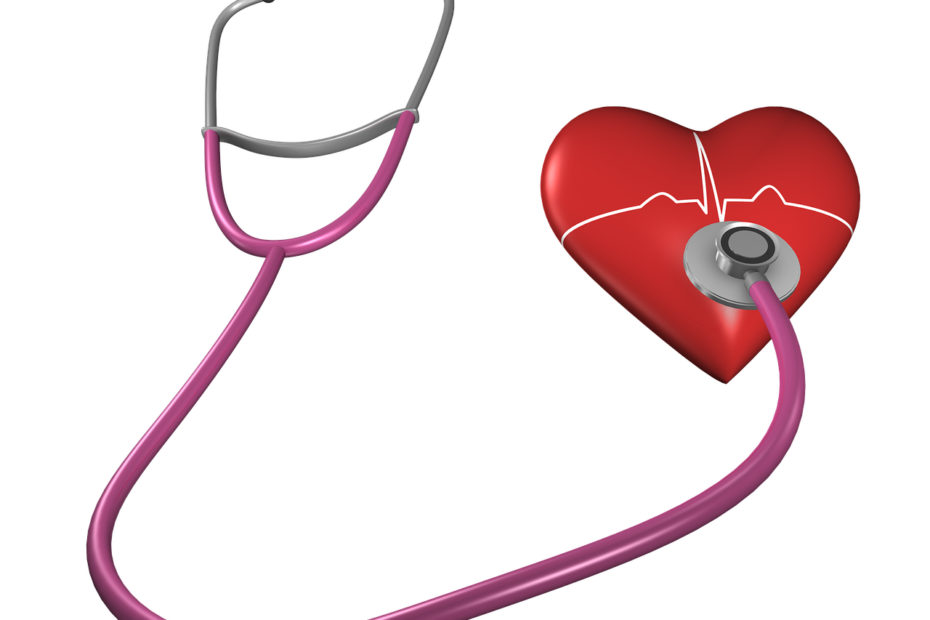Fats remain in the blood and only in the blood and adipose tissues. Fats should not enter cells and only in storage cells, the adipose cells.
If fats enter muscle cells, for example, they interfere with their metabolism and could cause a malfunction of neurotransmitters and proteins in muscle cells, causing a spectacular drop in physical strength or power if these muscle cells absorb fats.
Fats remain in the blood and when the blood is low in fat, the adipose cells nourish the blood.
Fats in the blood cause the retention of gases such as oxygen and high cholesterol levels and little exercise can be a symptom of hypertension.
Fats are metabolized and lost through the kidneys, the kidneys should control fat levels.
Fats are also metabolized or worn out in the blood when red blood cells and muscle cells, for example, exchange gases several times and when they are metabolized in the blood, the loss of fats causes gases to be lost through the lungs.
Low or very low levels of fat in the blood can be a symptom of hypotension and the risk of suffering arrhythmias, due to the lack of oxygen not retained in the blood, caused by fat.

